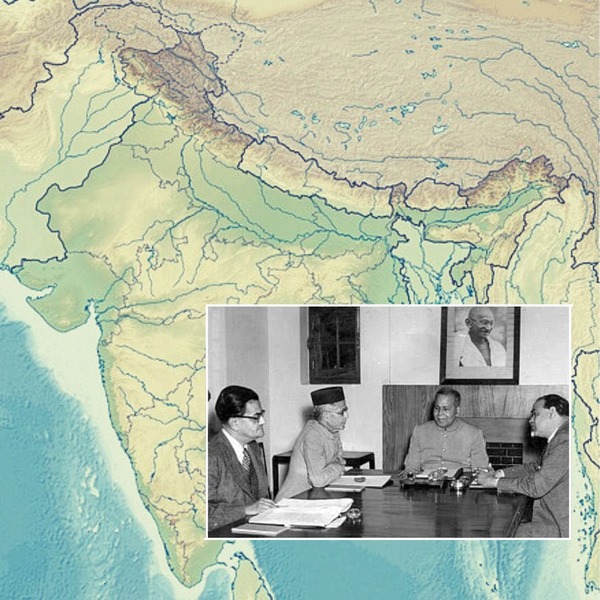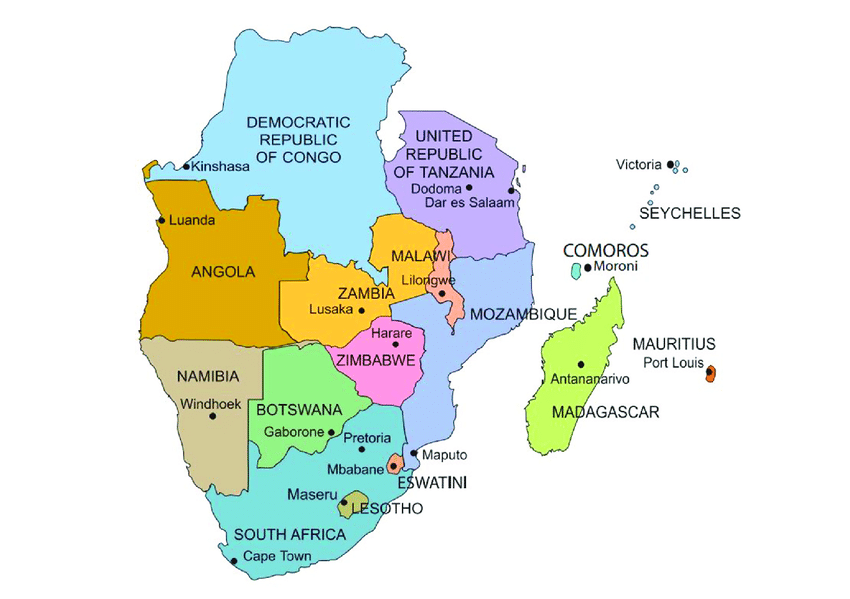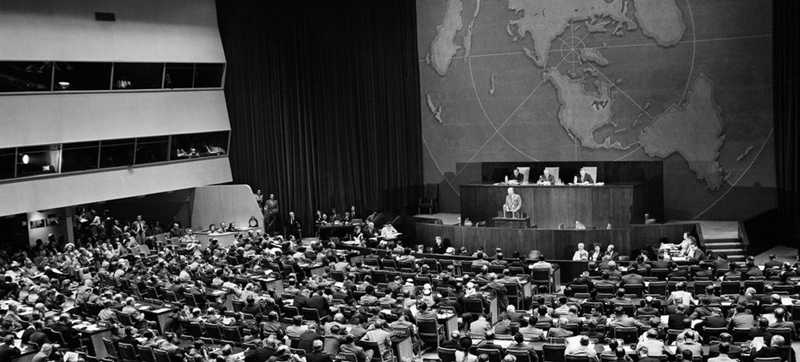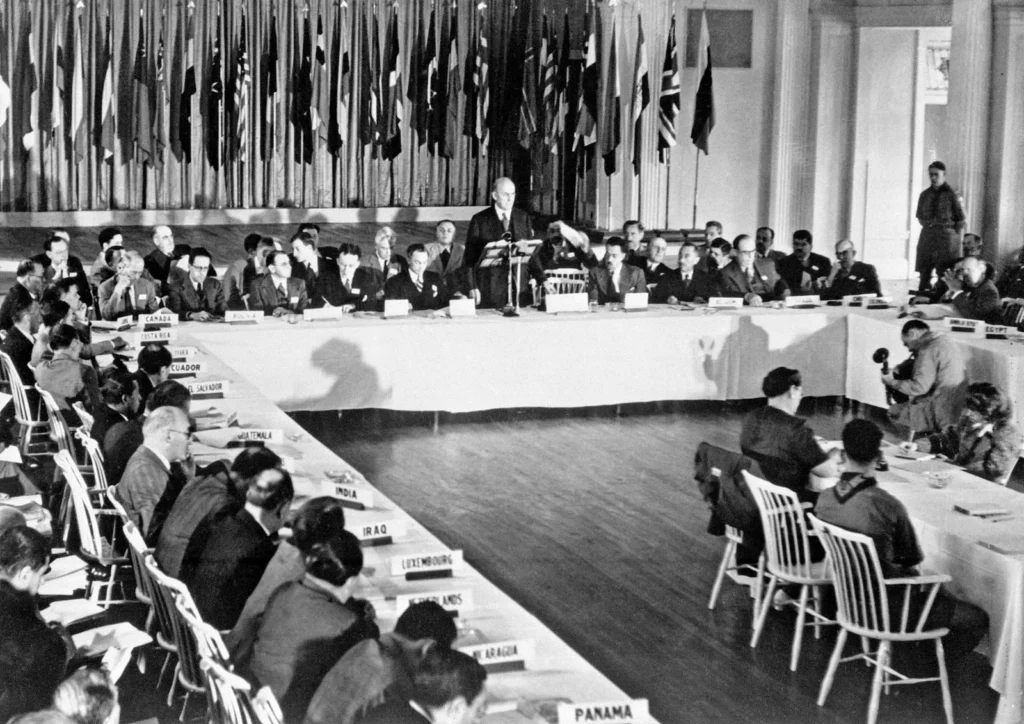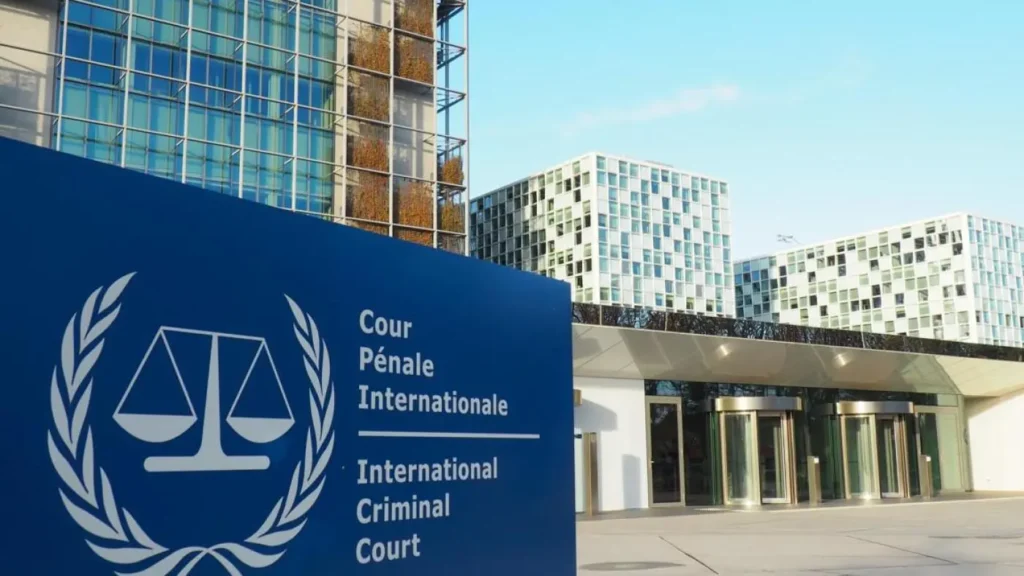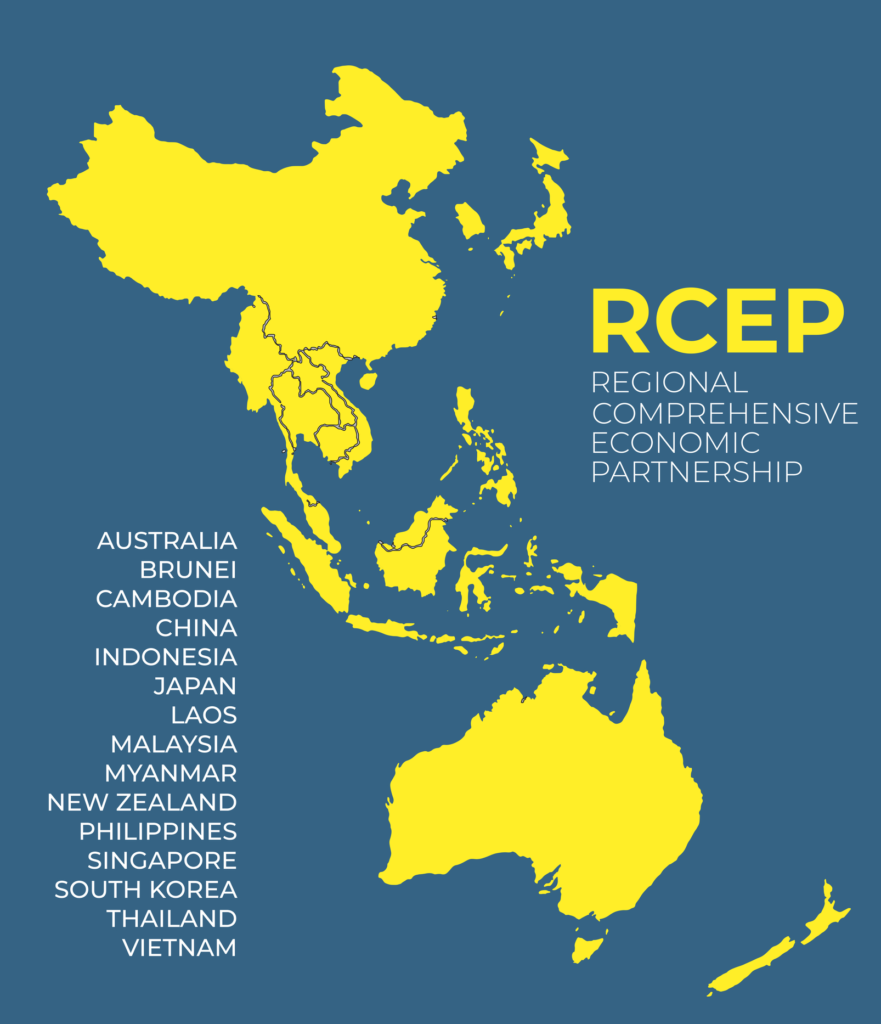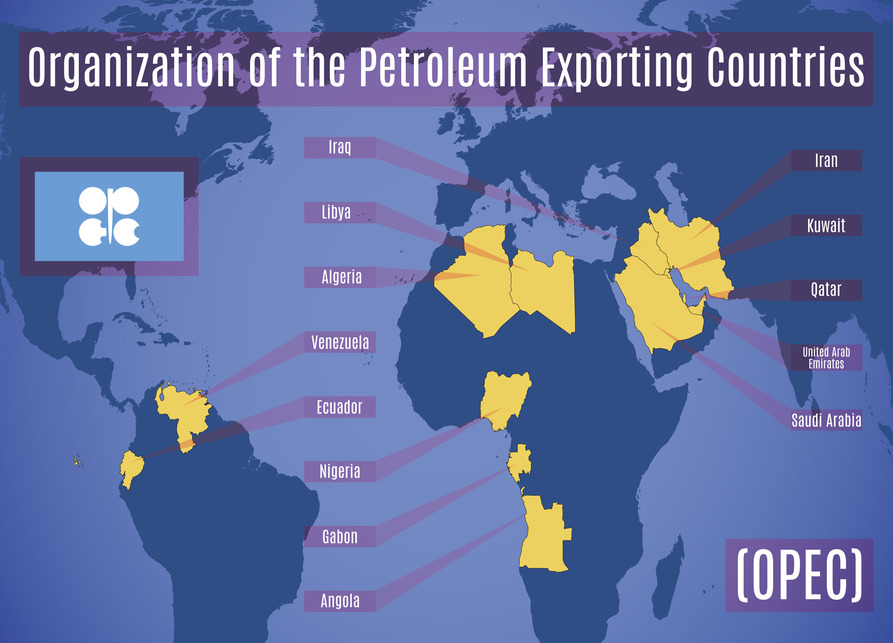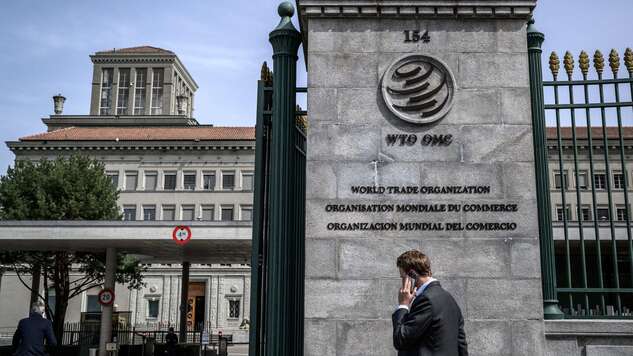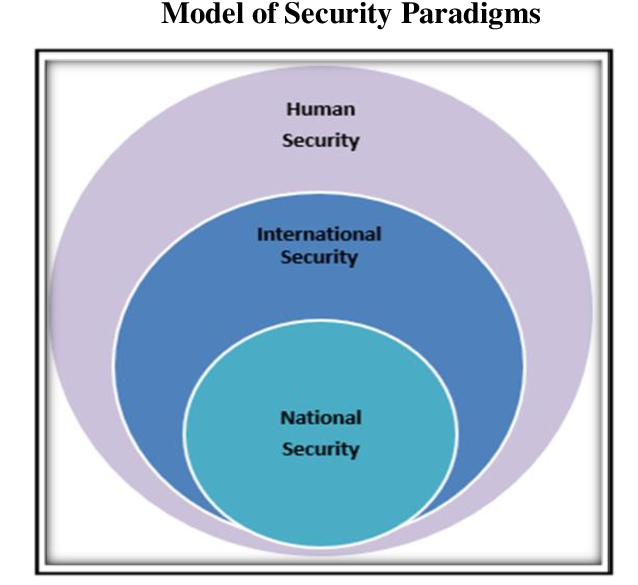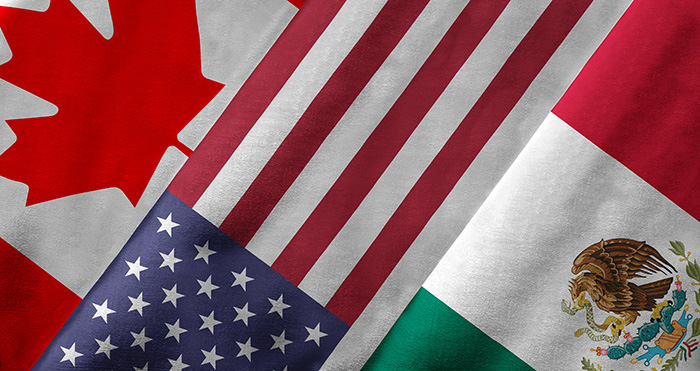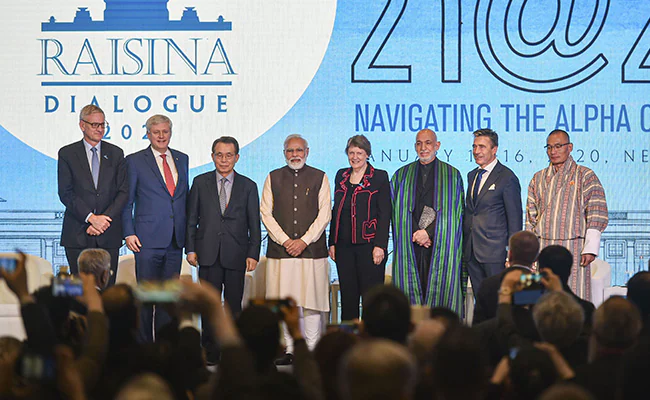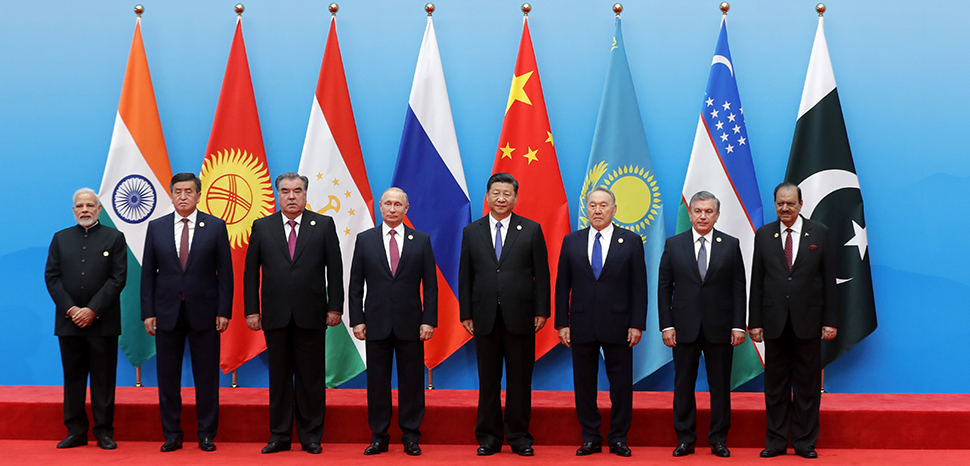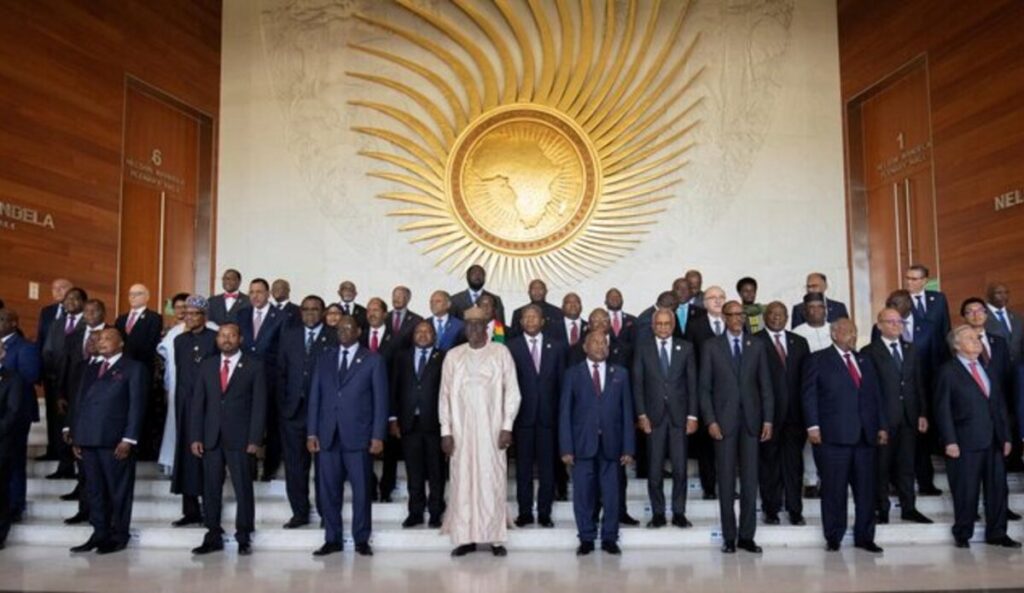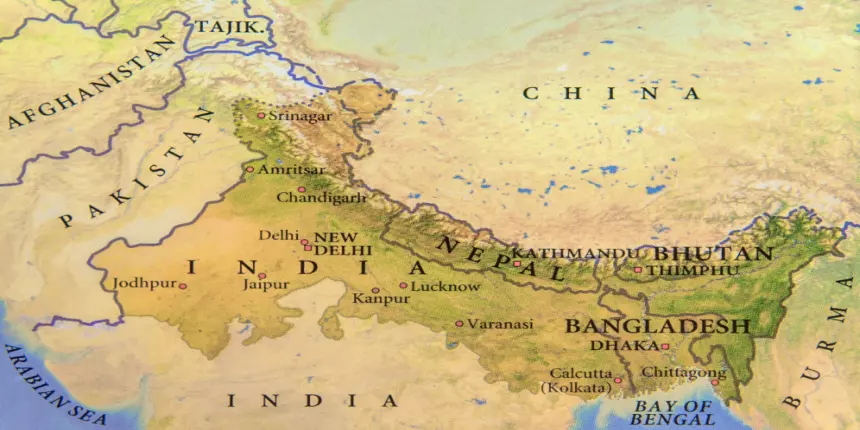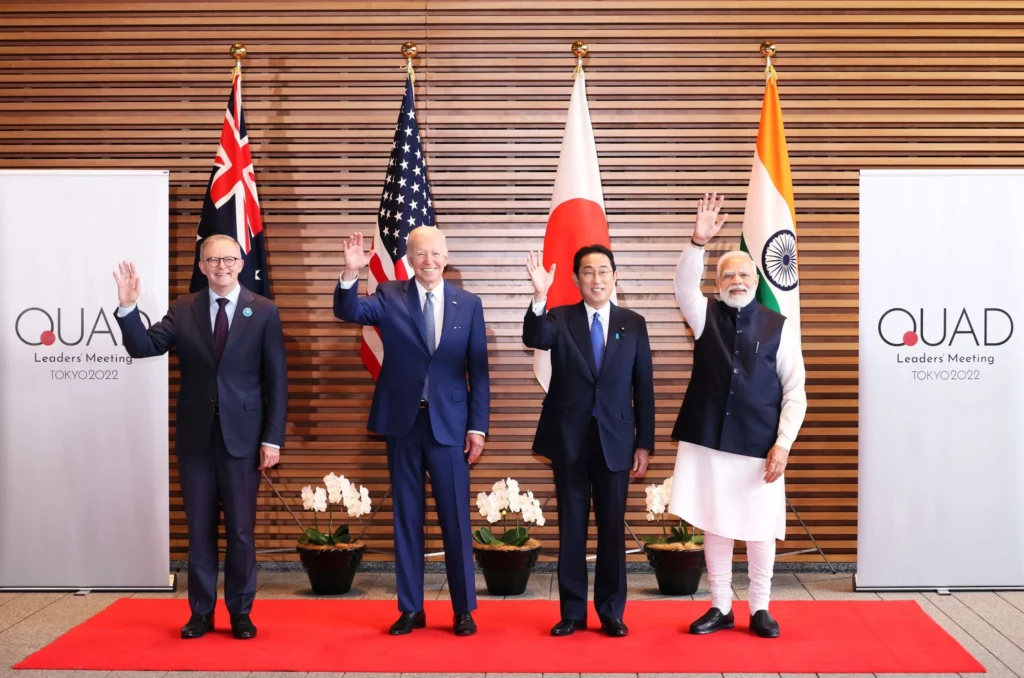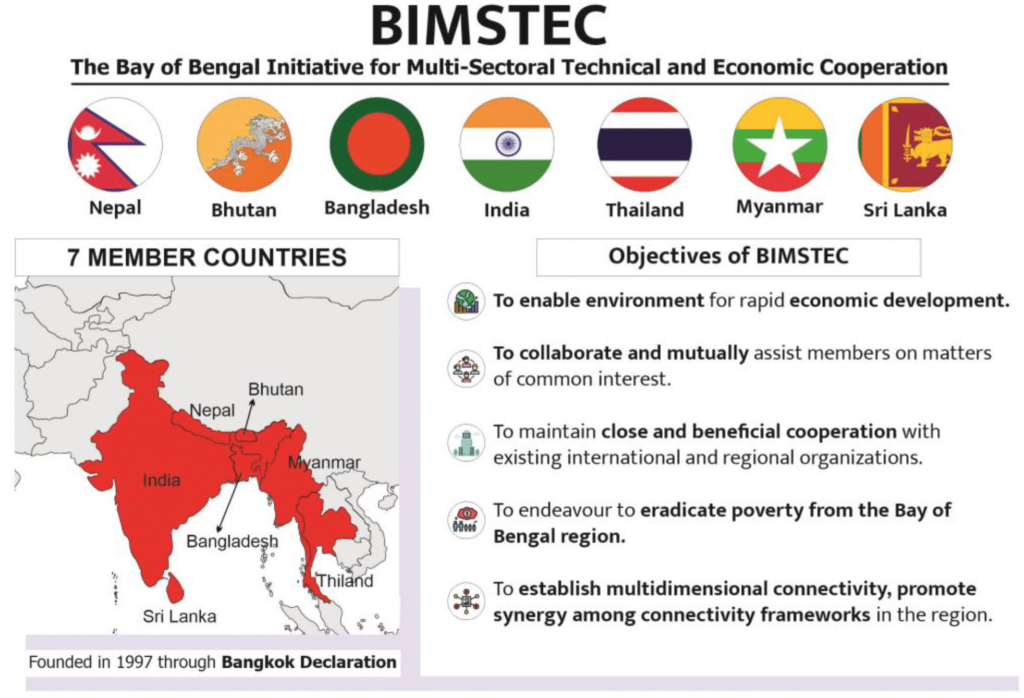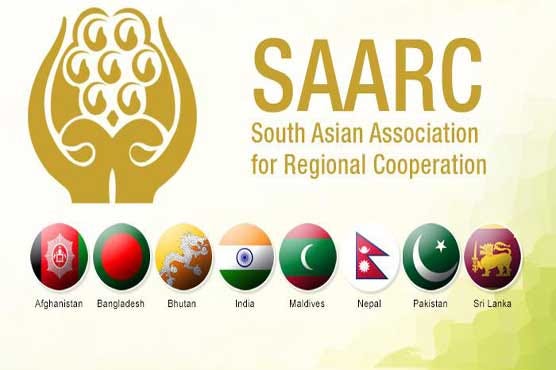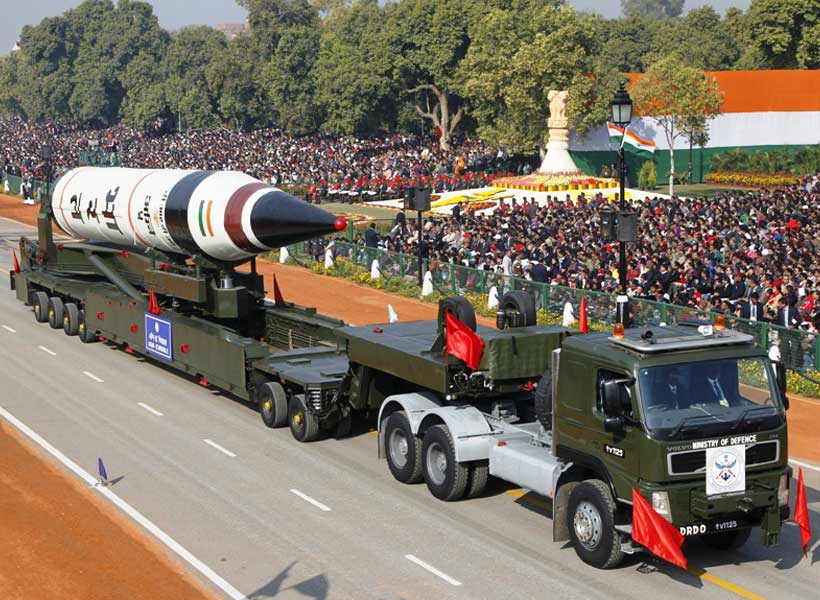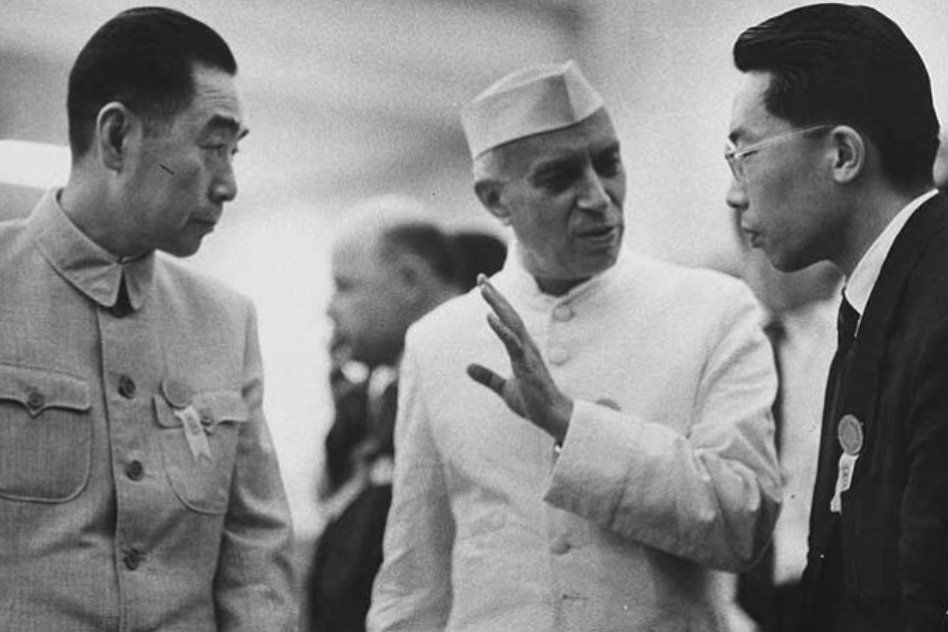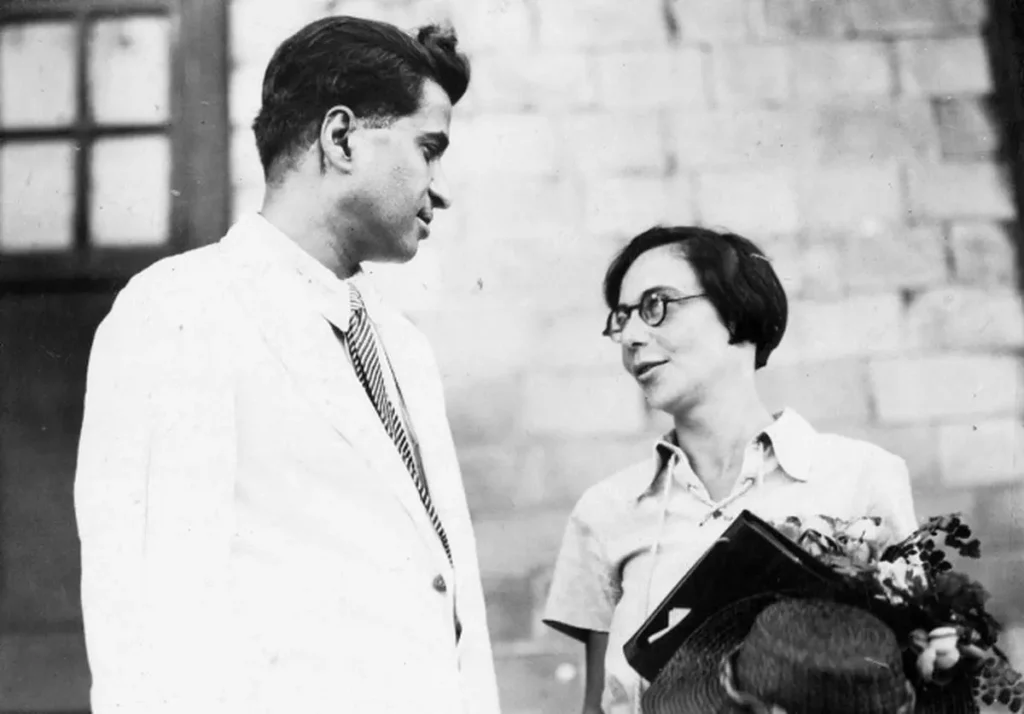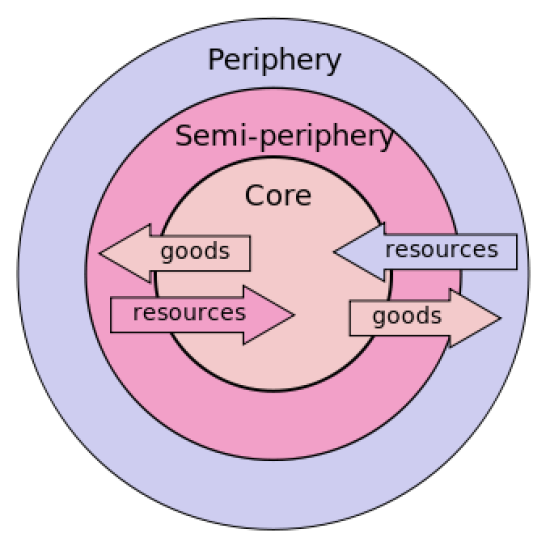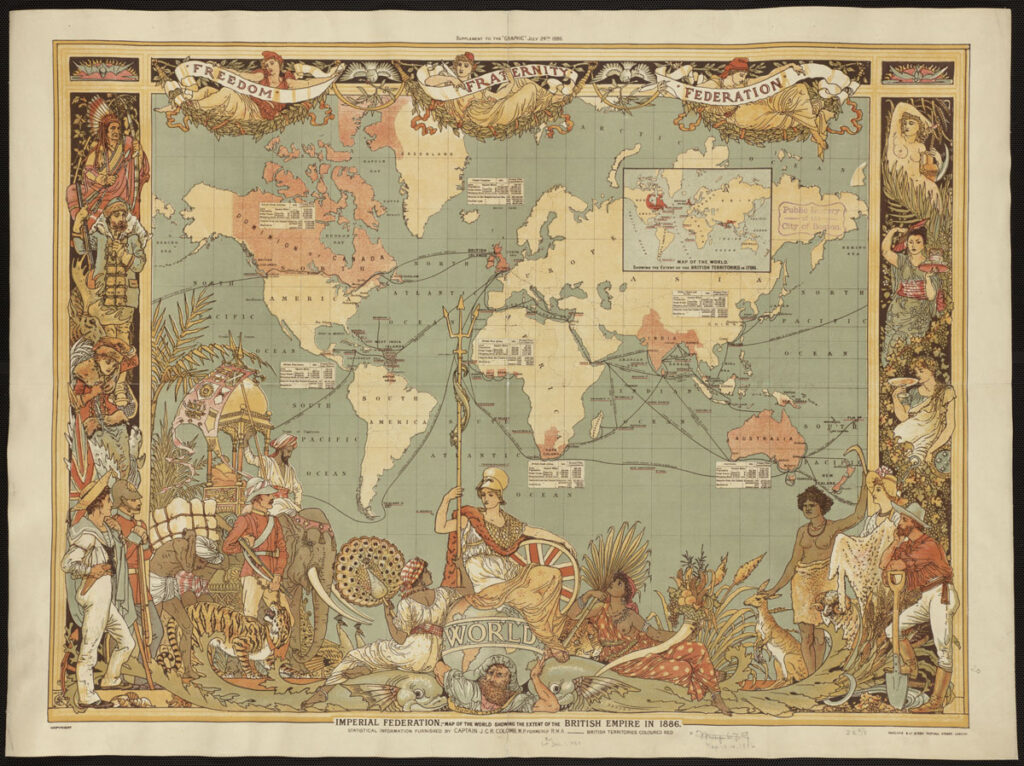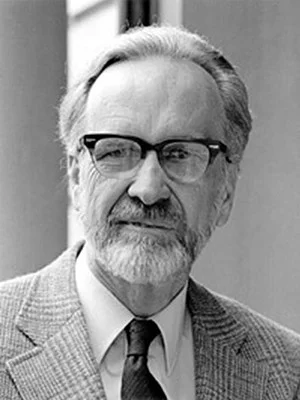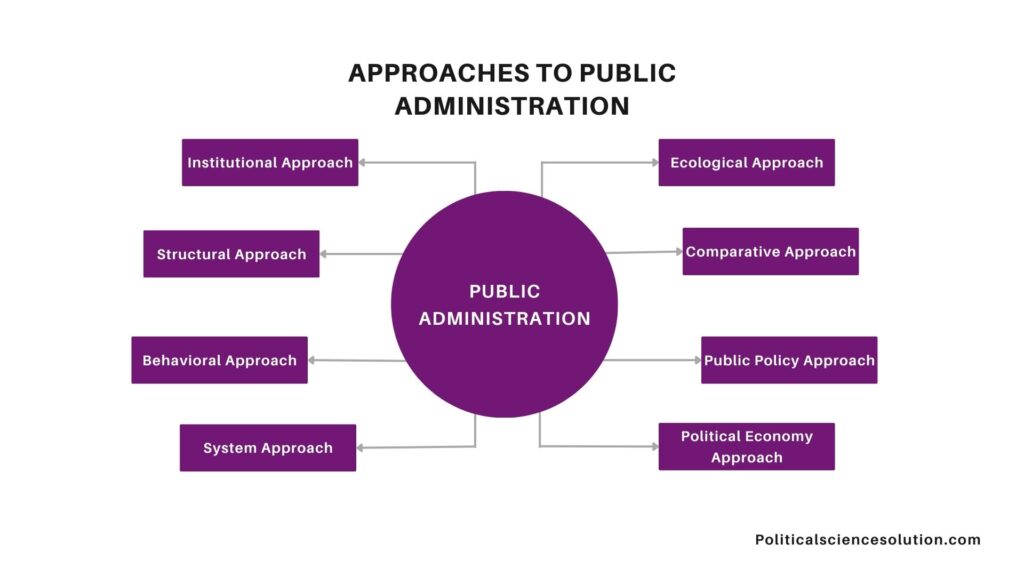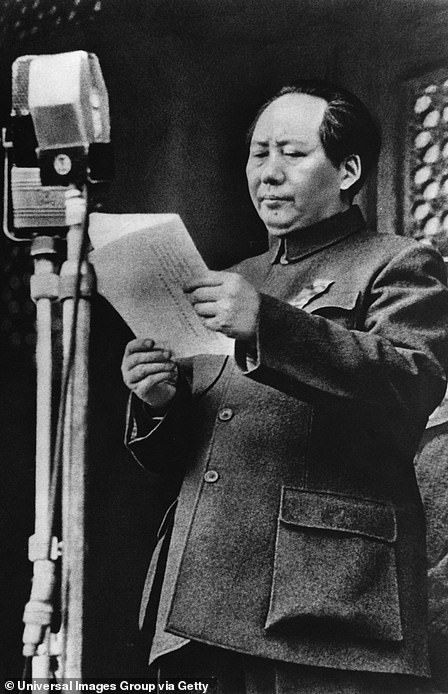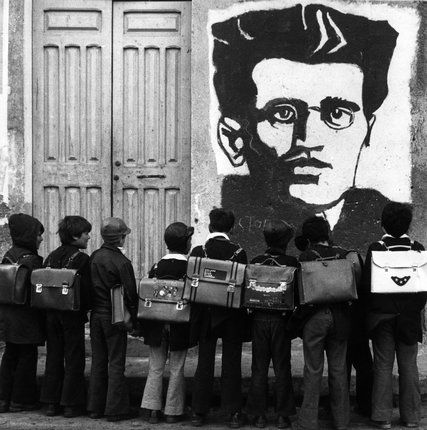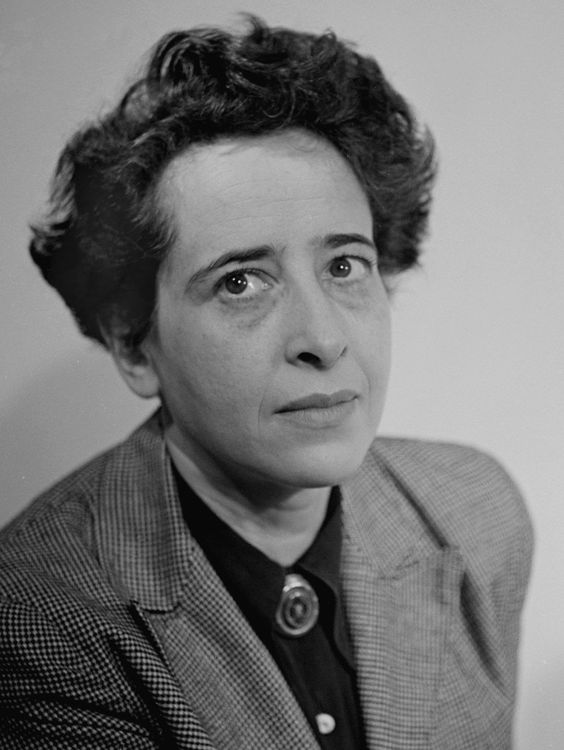Introduction:
The Permanent Court of Arbitration (PCA), an esteemed intergovernmental organization headquartered in The Hague, Netherlands, has played a pivotal role in fostering peaceful resolutions to international disputes since its establishment in 1899. This article delves into the history, functions, and significance of the PCA, highlighting its role as a forum for arbitration and dispute resolution on a global scale.
Foundation and Membership:
Founded in 1899, the PCA holds the distinction of being the first permanent intergovernmental organization dedicated to providing a platform for resolving international disputes through arbitration and peaceful means. India, a prominent member state, joined the PCA in 1950, solidifying its commitment to the principles of international cooperation and conflict resolution.
Arbitration Services:
The PCA’s primary function is to provide the services of an arbitral tribunal to facilitate the resolution of disputes. This includes conflicts involving member states, international organizations, or private parties arising from international agreements. The scope of cases handled by the PCA spans a diverse range of legal issues, encompassing territorial and maritime boundaries, sovereignty, human rights, international investment, and international and regional trade.
Arbitrator Selection and Structure:
One distinctive feature of the PCA is its absence of sitting judges. Instead, the parties involved in a dispute have the autonomy to select arbitrators, fostering a sense of fairness and impartiality in the resolution process. This unique approach distinguishes the PCA from traditional judicial bodies and underscores its commitment to facilitating a collaborative and mutually agreeable resolution.
International Recognition:
While the PCA is not a United Nations agency, it holds observer status in the UN General Assembly. The rulings issued by the PCA are binding, yet the tribunal lacks enforcement powers. This characteristic underscores the reliance on the goodwill and cooperation of member states to uphold and implement the decisions reached through arbitration.
Landmark Rulings:
One of the PCA’s historic milestones was its involvement in the dispute between China and the Philippines regarding claims in the South China Sea, based on the United Nations Convention on the Law of the Sea (UNCLOS). In 2016, the PCA delivered a landmark verdict dismissing Beijing’s claims on the entire area within the nine-dashed line, setting a precedent for resolving complex territorial disputes through legal mechanisms.
India’s Engagement with PCA:
India has actively sought to resolve international disputes through mechanisms offered by the PCA. Notable examples include the Kishenganga Arbitration with Pakistan under the Indus Water Treaty, Maritime Boundary delimitation with Bangladesh, and the Italian Marines Case. The signing of the Host Country Agreement with the PCA in 2008 further exemplifies India’s commitment to utilizing the organization’s services for efficient dispute resolution.
Conclusion:
The Permanent Court of Arbitration stands as a beacon of hope for nations seeking peaceful and legal resolutions to complex international disputes. Its commitment to impartiality, flexibility, and cooperation has positioned the PCA as a key player in the realm of global conflict resolution, contributing significantly to the maintenance of international peace and stability.







